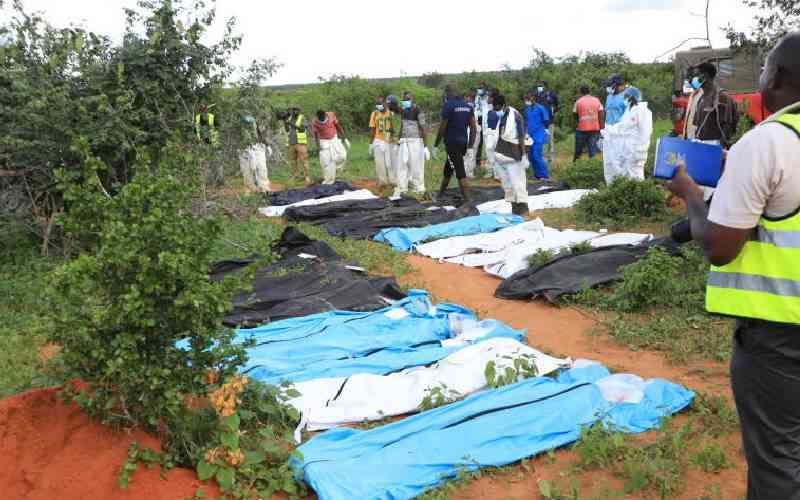×
The Standard e-Paper
Join Thousands Daily

The Ad hoc senate committee on the proliferation of religious organisations in the country has asked the Communications Authority of Kenya (CA) to delete the teachings of cult leader Paul Makenzi from the internet.
The committee, chaired by Tana River Senator Danson Mungatana, is investigating mass killings in the Shakahola forest that have been linked to the controversial preacher, Makenzi, of Good News International Church.